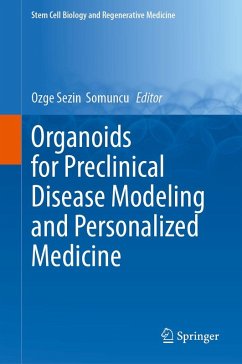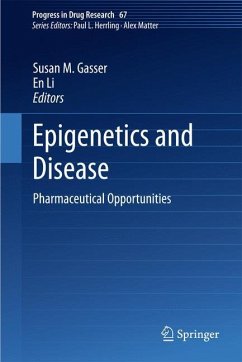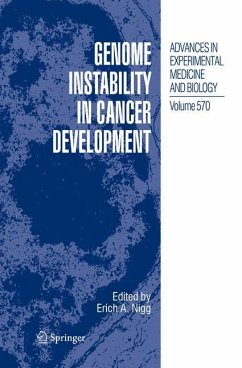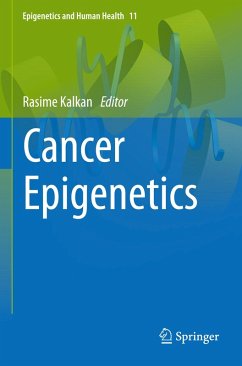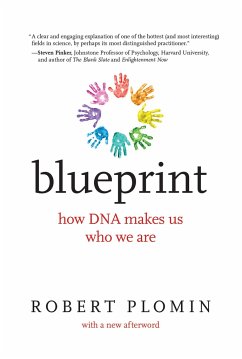
Epigenetics: Development and Disease

PAYBACK Punkte
116 °P sammeln!
Epigenetics is the phenomenon which fine tunes the processes associated with life, beyond that which is specified by the sequence of the genetic material; DNA. The covalent modification of DNA, DNA associated histones, several non histone proteins as well as non coding RNA coherently operate to establish the epigenetic regulation of gene expression in physiological and pathophysiological conditions. This volume presents contributions from worldwide experts presenting their research and findings, including: the evolution of epigenetic machineries from archaea to higher eukaryotes; role of epige...
Epigenetics is the phenomenon which fine tunes the processes associated with life, beyond that which is specified by the sequence of the genetic material; DNA. The covalent modification of DNA, DNA associated histones, several non histone proteins as well as non coding RNA coherently operate to establish the epigenetic regulation of gene expression in physiological and pathophysiological conditions. This volume presents contributions from worldwide experts presenting their research and findings, including: the evolution of epigenetic machineries from archaea to higher eukaryotes; role of epigenetics in development and transcription regulation; epigenetic landscape of human disease; a chemical biology approach to understanding epigenetic phenomena; exploration of different small molecules as epigenetic therapies.This volume is aimed at students and researchers of chromatin biology and epigenetics and will also be of interest to a broader pharmaceutical audience.







